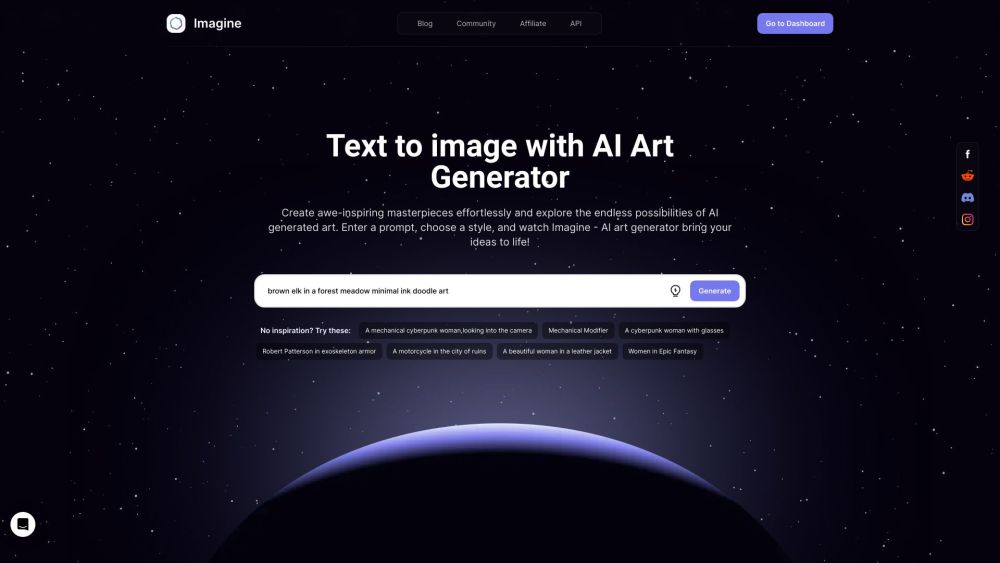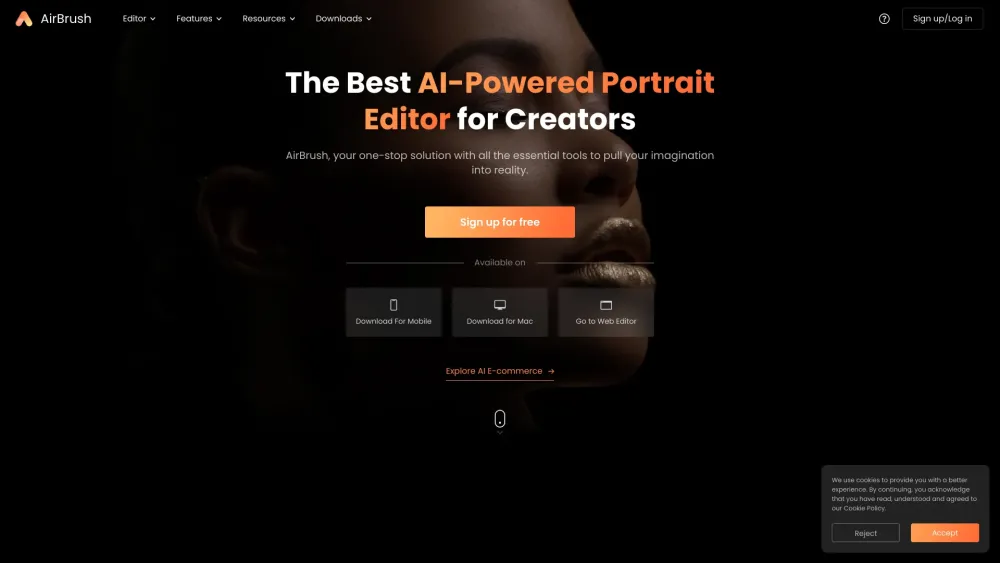Faculty AI, a UK-based artificial intelligence startup with substantial links to the British government, is rapidly advancing in the development of sophisticated technologies for military drones, while also diversifying its operations across various sectors such as healthcare, education, and AI safety. Rather than creating its own AI models, Faculty AI specializes in redistributing existing models from companies like OpenAI and offering industry-specific consulting services.
The company's reputation has been bolstered by its role in implementing AI systems on unmanned aerial vehicles (UAVs), which has garnered it significant attention within defense circles. Faculty AI initially gained prominence through its involvement with the Vote Leave campaign during the Brexit referendum and subsequently secured government contracts during the COVID-19 pandemic. CEO Marc Warner's appointment to the government's scientific advisory panel has further cemented Faculty AI's position at the nexus of technology, government, and defense.
In recent years, Faculty AI has expanded its influence, particularly in the defense sector, through collaborations with the UK's AI Safety Institute (AISI), established in 2023. Partnering with Hadean, a London-based startup, Faculty AI is developing AI systems capable of object identification, movement tracking, and autonomous drone swarming—technologies that could have profound implications for military operations. Although Faculty AI has stated that its current work does not involve targeting weapons, it has not disclosed whether its AI models could eventually be integrated into drones equipped for lethal strikes.
Key Insights:
- Government and Defense Collaborations: Faculty AI has strengthened its standing through strategic partnerships with the government, securing contracts worth at least £26.6 million with departments such as the NHS, Department for Education, and Department for Culture, Media and Sport. The close collaboration between government and industry raises concerns about the potential influence of private companies on public policy, particularly in the realm of emerging technologies like AI.
- Military Implications: The company's development of "loyal wingman" drones and loitering munitions marks a significant advancement in autonomous military technology. These systems, capable of operating independently or executing missions with minimal human input, have the potential to transform contemporary warfare. However, the increasing autonomy of these technologies poses ethical questions—how much control should we relinquish to machines in critical life-and-death situations?
- Ethics and Regulation: Faculty AI claims to adhere to the Ministry of Defence's AI guidelines, emphasizing ethical standards in its operations. Nevertheless, the growing autonomy of military technologies has sparked broader concerns. There is a growing call for clear legal boundaries surrounding autonomous lethal weapons, as critics argue that AI systems may eventually make life-and-death decisions without sufficient human oversight. The challenge lies in balancing technological progress with the moral and legal frameworks that govern the use of force.
- Potential Conflicts of Interest: The company's dual role as both a government advisor and a commercial contractor presents potential conflicts of interest. While Faculty AI's involvement in developing AI safety models is vital for responsible innovation, its close ties with defense agencies could compromise the objectivity of its assessments. This situation is further complicated by the fact that Faculty AI is essentially shaping future military AI systems while also advising the government on AI safety.
Public Debate and Oversight:
Faculty AI's involvement in the development of military drone technology has sparked public debate, with many questioning the risks associated with increasingly autonomous AI in the military. Green Party peer Natalie Bennett has criticized the "revolving door" phenomenon between government and commercial tech companies, suggesting that this intermingling could lead to conflicts of interest and sway policy decisions in favor of profit-driven motives rather than public welfare. Her concerns are shared by experts who caution that the UK government has not yet fully committed to ensuring that human oversight remains central to autonomous weapon systems, a crucial safeguard against the misuse of AI.







